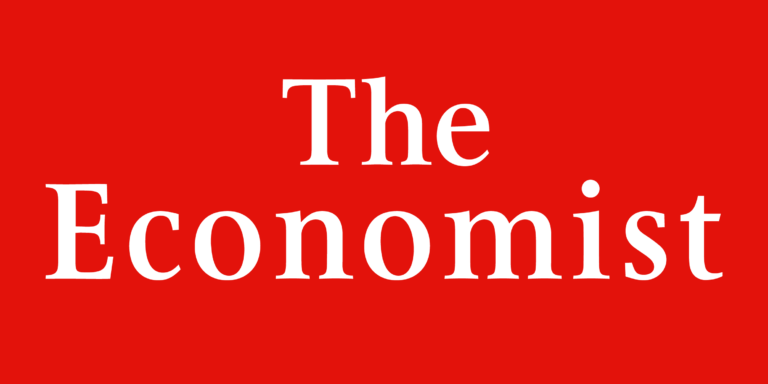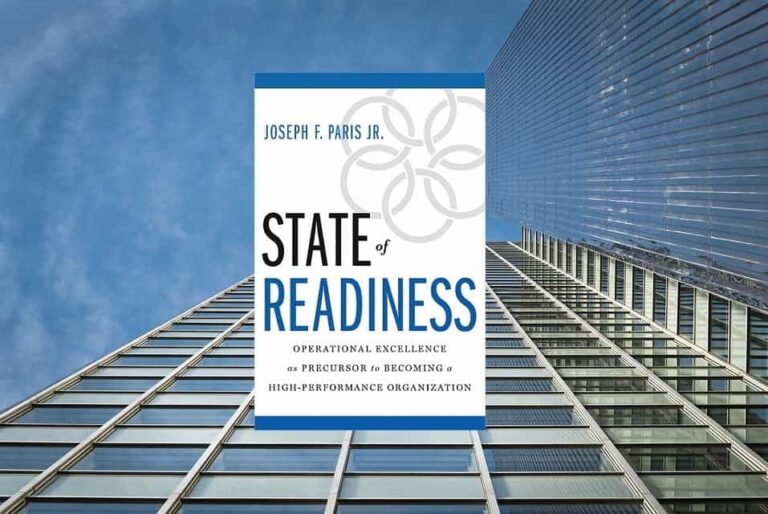Case in Point: How Process Improvement Principles Can Save Time in Your Day
The Big Idea
How can executives (or anyone) use what we know about process improvement to make their lives better — as well as improve the lives of everyone with whom they interact? Todd Pearson’s productivity transformation in his home, personal and work life is one in a series of Living Lean vignettes describing the holistic, real-world application of continuous process improvement principles.
The Scenario
Pearson sleeps four hours a night and spends nearly that long in his daily commute; average time spent interacting with his two children younger than 5 amounts to only 90 minutes a day — and he feels tired and lethargic when his children ask for playtime on the floor so they can be with Daddy. His wife, Sarah, is feeling left out of his life. Something must be done.
The Resolution
Todd and Sarah map out his day and then discuss Todd’s goals and priorities. Not only is Todd a professional and a family man, but he’s also finishing up an executive MBA, which requires study and class time. He wants to reduce his commute, increase his time spent sleeping and become more engaged when he spends time with his family. The couple also identifies areas of muda, which is the Japanese word for “waste.” Waste is defined as anything that doesn’t add value to the outcome. The ways in which value is defined and measured are critical, because one person’s ceiling is another’s floor. There are eight kinds of waste: excess transportation, excess inventory, unnecessary waiting, excess motion, overproduction, over-processing, too many defects and untapped human potential or creativity. The couple thinks critically about schedule changes that will reduce waste.
They decide on a plan. Todd shifts his commute to earlier in the day, because he realizes the Capital Beltway rush hour is a big source of excess waiting and transportation muda. He also switches gyms and joins one within walking distance of work, which serves the double duty of forcing him to leave the office during his lunch hour to refresh himself instead of working through it. He moves activities such as readying the next day’s lunch and clothing from the beginning of the day to the end because they don’t take as much brainpower as studying, which he schedules after the kids go to sleep.
Through a series of small, incremental changes, Todd soon begins to feel the benefit to his home life; the big surprise comes when he realizes that the improvements are spilling over into work as well. He and his staff begin to use the same techniques of muda elimination in the office, including setting up a SharePoint database (which reduces over-processing), moving furniture and equipment (reducing excess motion) and creating a batch system for office tasks — all of which, taken together, allow his staff members to leave the office early enough to skip rush hour as well.
Todd continues to engage in what we like to call the relentless pursuit of the elimination of waste. He’s better able to manage his energy, be present with his family and produce results at work. And he sleeps seven hours every night.
The Lesson
Process improvement principles are meaningless until they’re linked to “top-line metrics” — measurements that we decide best reflect progress toward our strategic goals — and top-line metrics are not the same for every area of life. Being present with ourselves and our families, managing our energy (not just our time), and working to preserve some “white space,” or free time, is just as crucial as the business metrics we all know and love: net profit and sales growth.
Todd’s Day
Current | Lean | |||
| Sleep | 4 | Sleep | 7 | |
| Gym & Prep | 2.5 | Prep | .5 | |
| Commute | 2 | Commute | 1 | |
| Work (a.m.) | 5.5 | Work (a.m.) | 4.25 | |
| Lunch | 1 | Gym | 1.25 | |
| Work (p.m.) | 4 | Work (p.m.) | 4 | |
| Commute | 2 | Commute | 1 | |
| Family/Dinner | 1.5 | Family/Dinner | 3 | |
| Study/Prep | 1.5 | Study/Prep | 2 | |

Rebecca Goldberg is a strategy consultant and management educator with over a decade of experience in producing world-class customized business education. She is a frequent contributor to custom executive education at the Darden School of Business, which has been ranked first or second for course design (globally) by Financial Times from 2003-2011. Her company, Goldberg Productions, Inc. (VA SWaM certified, pending DBE, 8(a)) helps organizations transform and perform with education.
She holds a 2003 MBA from the Darden School of Business, a BA from Tufts University in American Studies and a BFA from the School of the Museum of Fine Arts, Boston.
Ethyl Corporation Professor  of Business Administration Elliott N. Weiss is the course head of the Operations Management area at the Darden School of Business at the University of Virginia. He is the author of numerous articles in the area of production management and operations research and has extensive consulting experience for both manufacturing and service companies in the areas of production scheduling, workflow management, logistics, lean conversions and total productive maintenance. Before coming to Darden in 1987, Weiss was on the faculty of the Johnson Graduate School of Management at Cornell University. He has held visiting appointments at the Graduate School of Management at the University of Melbourne, Australia and the Wharton School of the University of Pennsylvania.
of Business Administration Elliott N. Weiss is the course head of the Operations Management area at the Darden School of Business at the University of Virginia. He is the author of numerous articles in the area of production management and operations research and has extensive consulting experience for both manufacturing and service companies in the areas of production scheduling, workflow management, logistics, lean conversions and total productive maintenance. Before coming to Darden in 1987, Weiss was on the faculty of the Johnson Graduate School of Management at Cornell University. He has held visiting appointments at the Graduate School of Management at the University of Melbourne, Australia and the Wharton School of the University of Pennsylvania.
Goldberg and Weiss have co-authored the book Living Lean: How to Save Money and Make Time for the Fun Stuff that is currently available per vignette from Darden Business Publishing; they are looking for an additional publishing venue. The book uses personal, everyday examples of business concepts in order to make them understandable, including Lean, standard work, 5S, inventory management, equipment maintenance, optimal batch size, throughput rate and cycle time. Stories from the book have recently been featured in the Sunday Washington Post, most recently on August 5, 2012; they have been invited to attend a Joint Chiefs of Staff luncheon on October 2 of this year to present ideas from the book.
Contact at rebecca@goldbergproductions.net





